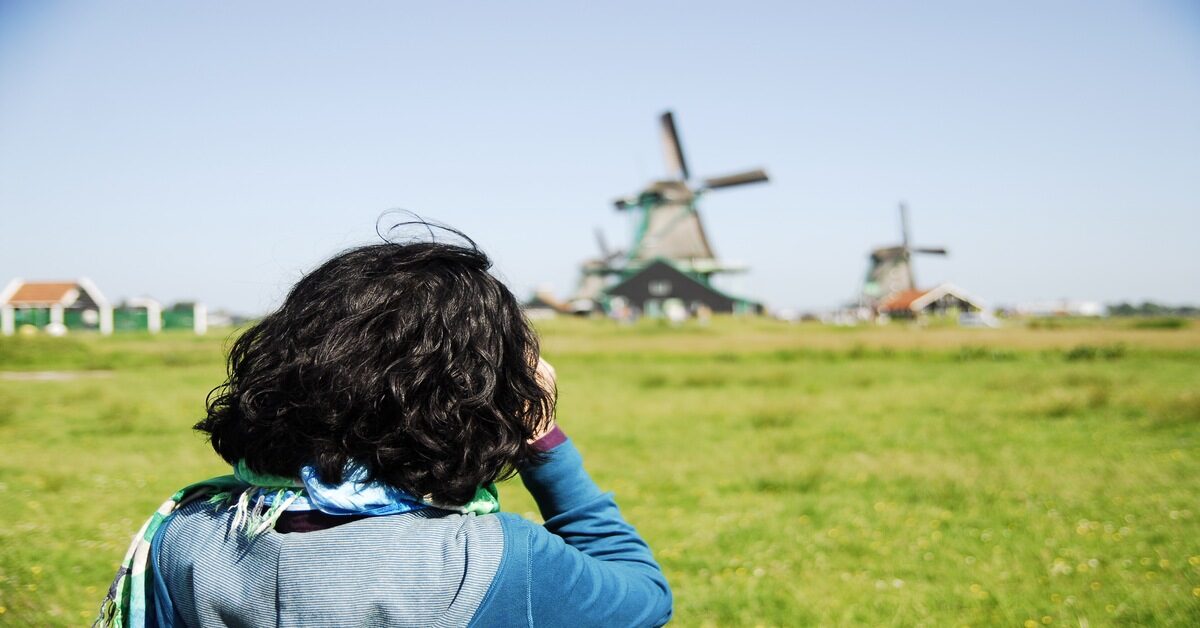
The journey to the Netherlands is a fairytale land of old canals, tulip fields and rich cities. Most Dutch speak English but learning the basics of Dutch language can make your experience more holistic as you can get to know more people, feel more at ease because they will understand you and get deeper into the culture. A simple utterance of a few words is a sign of respect, it opens the gates to genuine experiences and it regularly results in smiles of locals who love the effort. Ordering food, requesting directions, and visiting local markets, by learning these Dutch basics, you will make your travels an experience that will be beyond communication.
Learning the basics of Dutch language does not just assist you to communicate but also to get an insight into the culture. Dutch people attach importance to courtesy and effectiveness in communication, and it is possible to establish a good mood with the help of simple greetings or phrases. Tradition, humor and social etiquette also go hand in hand with language, knowing it, you can enjoy the details in signposting, menus or dialogues that you could not even see before.
As a tourist, one can learn a bit of Dutch, and it will assist in:
Using these greetings when entering shops, restaurants, or public places sets a friendly tone.
Politeness is key in Dutch culture, and these expressions are often appreciated more than fluent conversation.
Dutch pronunciation can be challenging at first, but focusing on a few rules helps:
Even attempting the correct pronunciation will impress locals and often leads to helpful responses.
To reinforce Dutch language basics, travelers can use a combination of tools:
The cultural understanding is made available through learning Dutch basics. As an example, counting is useful in markets and restaurants, and it takes a phrase such as Gezellig! to translate a concept, such as warm togetherness, something that does not translate to English, but is vital to the Dutch lifestyle.
By using these terms appropriately, you can engage in conversations, show appreciation, and understand local contexts better.
1: Do I need to speak Dutch fluently to travel in the Netherlands?
No, English is widely spoken. However, using Dutch phrases builds rapport and opens doors to authentic experiences, especially in hidden Dutch villages or local markets where English may be less common.
2: How quickly can a traveler learn essential Dutch phrases?
With daily practice and repetition, travelers can learn essential Dutch language basics within a few days. Focusing on greetings, directions, dining, and polite expressions ensures practical communication even on short trips.
The basic knowledge of the Dutch language will make your time in the Netherlands much more than just useful communication. All greetings, inquiries, or courteous expressions you utter identifies you with the culture, the people, and the local lifestyle. It is respectful, creates a good atmosphere of interpersonal relations, and enables you to venture in the dark corners, markets, and neighborhoods without any fear.
Even talking a small amount of Dutch provides you with experiences that most tourists do not get. Whether it is ordering a fresh stroopwafel in Amsterdam or asking someone a question in a Frisian village, your attempt to speak like someone local adds more to any interaction. Learn the language, play with the learning, and you and your words will lead you to the core of Dutch culture.
Leave A Comment